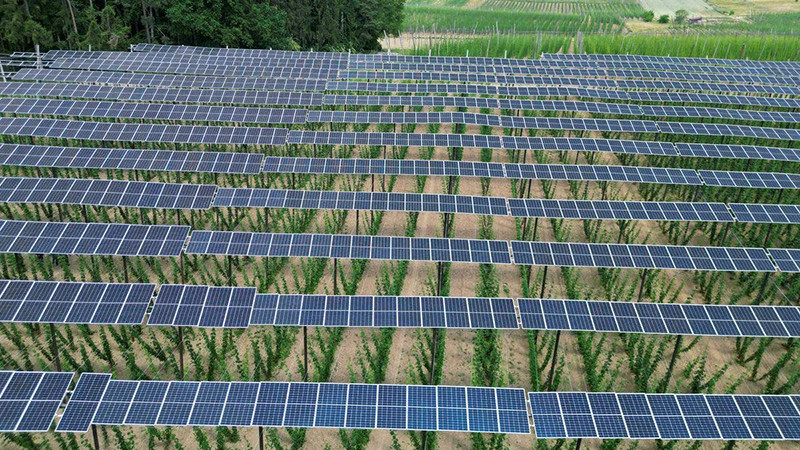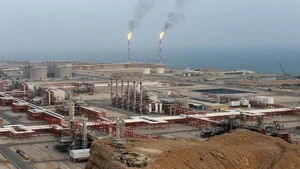The EU and France set the goal of climate neutrality by 2050 at the latest, while for Germany, this goal is set for 2045. To turn this ambition into reality, from now until 2030, EU countries will focus on expanding the scale of renewable energy and gradually eliminating fossil energy. In the long term, hydrogen will make a decisive contribution to achieving energy and climate policy goals in Europe, especially in the transport and industry sectors.
With the plan to turn Germany into a hydrogen economy, this year's update of Germany’s National Hydrogen Strategy sets more ambitious targets that account for new challenges in the energy market. The update provides guidance and measures to promote the production, transport, and use of hydrogen and hydrogen derivatives. In Germany, the use of hydrogen to operate power plants is being considered.
In addition, the German government has been also implementing its own hydrogen import strategy, with the aim of providing enough hydrogen and hydrogen derivatives for the economy. The Federal Foreign Office said hydrogen demand is expected to increase sharply.
To reduce dependence on external gas supplies and accelerate energy transition, Germany has made heavy investment in clean energy development. Renewable energy accounts for more than 50% of Germany's total electricity consumption in the first half of 2023 — of which, wind power is the most important source, accounting for 28.6% of total output.
According to Germany's Onshore Wind Energy Association (OWEA), new onshore wind power capacity in the first 9 months of this year reached 2,436 MG, an increase of more than 50% over the same period in 2022. To achieve the goal of making wind power account for 80% of renewable energy by 2030, the EU’s largest economy plans to install facilities to produce up to 10 GW of onshore wind power per year. The rate of new projects in the wind energy sector approved in Germany has been increasing, with a total capacity of 5.2 GW in the past 9 months, the highest level to date.
Meanwhile, as part of the strategy to promote the ecosystem to create economic value and end dependence on fossil fuels, France's climate plan has an estimated cost of 120 billion EUR per year.
With the goal of decarbonising the economy, the French Government plans to work with representatives in high-emitting industries such as steel, cement, and chemical production to find ways to reduce emissions. France will also seek natural hydrogen sources within its territory to use in the transition to clean energy. France is evaluating the possibility of establishing at least one domestic carbon capture site to reduce dependence on foreign countries. This is a process of separating carbon from the air and storing it, which is considered to play an increasingly necessary role in efforts to limit global warming.
To realise the climate plan, French President Emmanuel Macron pledged that the country will triple its heat pump capacity in the next four years, with the firm belief that heat pumps are an outstanding alternative to fuel consumption and emissions of fossil fuel-powered heating systems. France also plans to spend 700 million EUR to build 13 suburban tram lines in and around cities, while encouraging people to use low-emission public transport instead of personal vehicles.
In September, European lawmakers gave final approval to legally binding targets for faster renewable energy expansion this decade. This is a central part of the continent's plan to phase out fossil fuels.
Europe has adjusted its target to increase the proportion of renewable energy in the energy structure, from 32% to 42.5%, by 2030. In their efforts to shape the energy transition process in Europe, Germany and France said they would strengthen their close cooperation and affirm their leading roles in this important field.
















